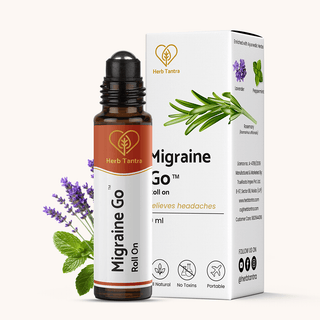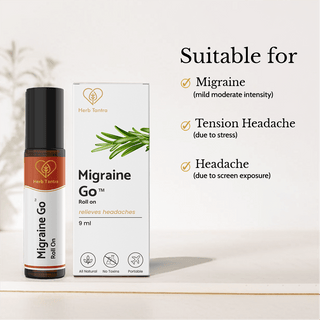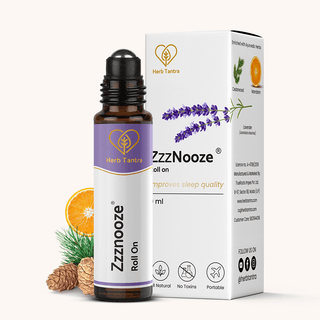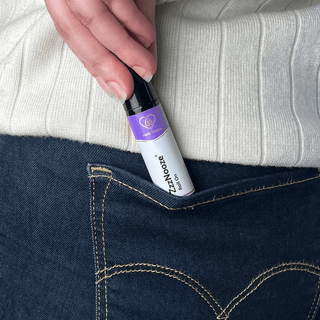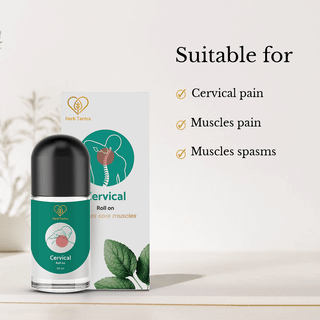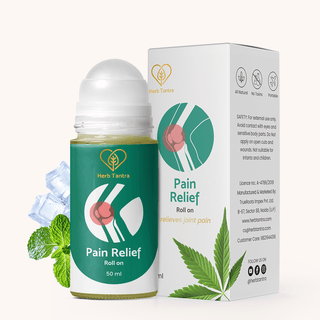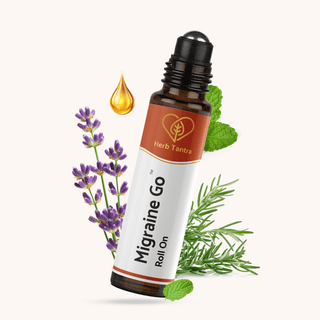How many times have you heard someone say, “I can’t start my day without coffee”? It’s a common term, and for many, coffee feels like an absolute necessity to jumpstart the morning. But is coffee really waking us up? Or are we trapped in a cycle where we're relying on caffeine to compensate for deeper issues like poor sleep?
If you’ve ever wondered, “why do I feel sleepy all the time even when I get enough sleep” then you’re in the right place. Let’s dive into this topic and explore why that morning coffee fix might not be the real solution for feeling energized—and how fixing your sleep patterns could change everything.

- The Illusion of Coffee's Magic
Yes, caffeine can make us feel more alert, but it’s important to understand that it’s not giving us more energy; it's just masking our fatigue. What caffeine actually does is block a chemical in the brain called adenosine, which builds up throughout the day to make us feel sleepy. By blocking adenosine, caffeine tricks your brain into feeling more awake. But here's the catch - once the effects wear off, you're left even more tired than before, sometimes leading you to crave another cup.
Relying on caffeine to power through the day may give you a temporary boost, but it’s not addressing the root cause of your tiredness—your core sleep quality. When people say, “I can’t function without my morning coffee,” it might be more of an indication that their body is chronically sleep-deprived.

- The Real Issue - Poor Sleep Patterns
If you find yourself in this coffee dependency loop, it’s time to take a closer look at your sleep habits. Are you getting enough quality sleep, or is your body constantly trying to catch up on rest? Experts recommend 7-9 hours of sleep for adults, but it’s not just about quantity; it’s also about the sleep efficiency of those hours.
Here’s where things go wrong for most of us -
- Scrolling before bed - Let’s admit it, we’ve all been guilty of mindless phone scrolling late into the night. That endless Instagram feed or YouTube rabbit hole can rob you of precious sleep. Blue light from screens suppresses melatonin, the hormone that helps regulate sleep, making it harder to fall asleep and affecting your sleep quality.
- Erratic sleep schedule - Are you going to bed at different times every night? Your body loves routine. A consistent sleep schedule helps your internal clock stay on track. If you're sleeping at random hours, it’s no wonder you're reaching for that coffee first thing in the morning.
- Stress and anxiety - Racing thoughts and stress can keep you awake, making it hard to wind down. A stressful mind equals a restless body, leading to interrupted sleep cycles and that groggy feeling in the morning.

- The Long-Term Damage of Caffeine Dependency
A cup or two of coffee isn’t harmful in itself, but long-term caffeine dependency can create some serious issues. Here’s how it affects your body -
- Disrupts your natural sleep cycle - Caffeine stays in your system for several hours, and if consumed later in the day, it can affect your ability to fall asleep, leading to a vicious cycle of tiredness and dependency.
-
Increased tolerance - Over time, your body adapts to caffeine, meaning you need more to get the same effect. This leads to overconsumption, jitteriness,
trigger migraines and even anxiety.
- Dehydration - Coffee is a diuretic, meaning it makes you urinate more frequently, leading to dehydration if you don’t drink enough water. Dehydration can leave you feeling even more sluggish, which might send you reaching for—guess what?—more coffee!
- Increased stress - Studies have shown that caffeine can heighten your stress response, making you feel more anxious less mental focus and less relaxed, especially if you're already dealing with a lot of stress.

- Fixing the Root Cause - Your Sleep
Rather than relying on coffee to artificially "wake you up," wouldn’t it be better to wake up naturally refreshed and energized? It starts with taking a hard look at your sleep routine and making small, manageable changes.
Here are some ways you can improve your sleep and ditch that coffee dependency -
- Set a consistent sleep schedule - Go to bed and wake up at the same time every day, even on weekends. This trains your body to follow a natural rhythm, making it easier to fall asleep and wake up.
- Create a bedtime routine - An hour before bed, put away your screens and engage in calming activities. Read a book, listen to soothing music, or practice meditation. This helps your body and mind prepare for sleep.
- Exercise regularly - Physical activity, even just a brisk walk during the day, helps regulate your sleep cycle. Just be sure not to exercise too close to bedtime, as it can keep you awake.
- Stay hydrated - Hydration plays a key role in overall energy levels and sleep quality. Start your day with a glass of water or herbal tea instead of coffee and keep sipping throughout the day.
- Clean up your diet - What you eat has a big impact on how well you sleep. Avoid heavy meals close to bedtime, and limit sugar and processed foods that can mess with your energy levels. Instead, opt for sleep-friendly foods like almonds, walnuts, or a warm cup of chamomile tea.

- Nature’s Help for Better Sleep - Ayurvedic Solutions
If falling asleep naturally still seems difficult, there are holistic, natural ways to support better sleep. Herb Tantra’s Sleep Buddy Roll-On and Zznooze Roll-On are essential oils for sleep like Valerian Root, Chamomile, and Bergamot—ingredients known to promote deep relaxation.
Unlike sleeping pills, these natural remedies don’t have any side effects or leave you feeling groggy the next morning. They're non-sticky and portable, making it easy to incorporate them into your nightly routine. Simply apply the roll-on to your wrists, behind the ears before going to bed to ease your mind and drift off into a restful sleep.
Valerian Root has been used for centuries to help calm the nervous system, while Chamomile is famous for its soothing, sleep-inducing qualities. Bergamot, known for its citrusy aroma, helps reduce stress and tension, making it the perfect pre-sleep companion.

- The Science of Sleep - Why it Matters
Scientific research backs up the importance of sleep in maintaining overall health. Studies show that sleep plays a crucial role in memory consolidation, emotional regulation, and even immune function. When you don’t get enough sleep, your body doesn’t have enough time to repair itself, which can lead to long-term health problems like:
- Weakened immunity - Chronic sleep deprivation can lower your immune defenses, making you more susceptible to infections.
- Heart health issues - Poor sleep is linked to high blood pressure, heart disease, and stroke.
- Cognitive decline - Sleep is essential for brain function. Lack of sleep can impair your memory, concentration, and decision-making skills.
- Weight gain - Sleep deprivation messes with hunger hormones, making you crave sugary, high-calorie foods that can lead to weight gain over time.

- Conclusion – Quality Sleep Over Coffee
At the end of the day, while coffee might give you that temporary wake-up call, it’s not the answer to sustained energy and good health. By focusing on improving your sleep habits, reducing stress, and using natural aids like Herb Tantra’s Sleep Buddy and Zznooze Roll-Ons, you’ll wake up feeling naturally refreshed—no coffee required.
Remember, fixing your sleep pattern is not about drastic lifestyle changes overnight. Start small, make simple adjustments, and in time, you’ll notice that feeling of waking up energized isn’t coming from your coffee mug, but from a night of truly restful sleep.
Your body—and mind—will thank you for it.




